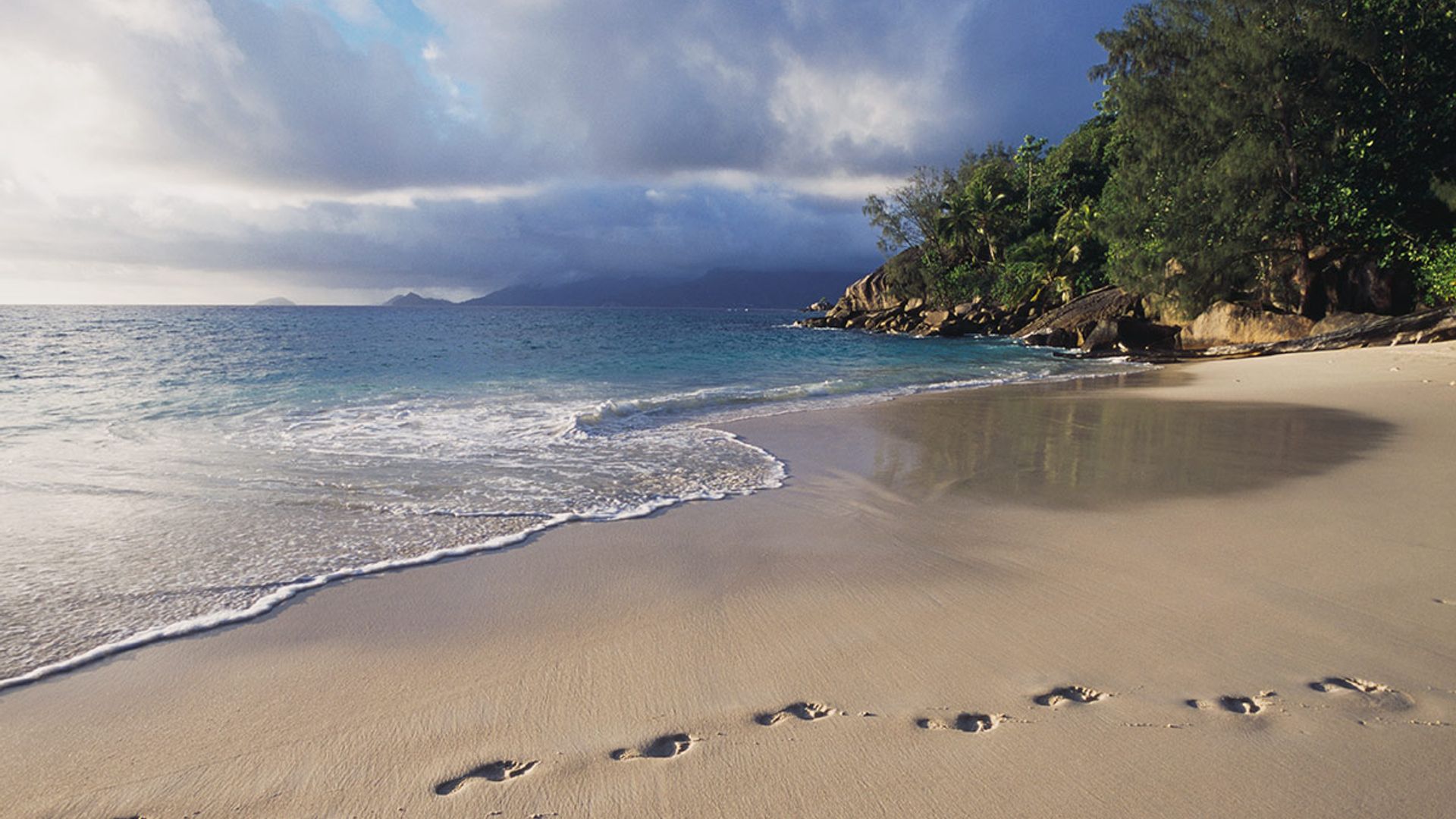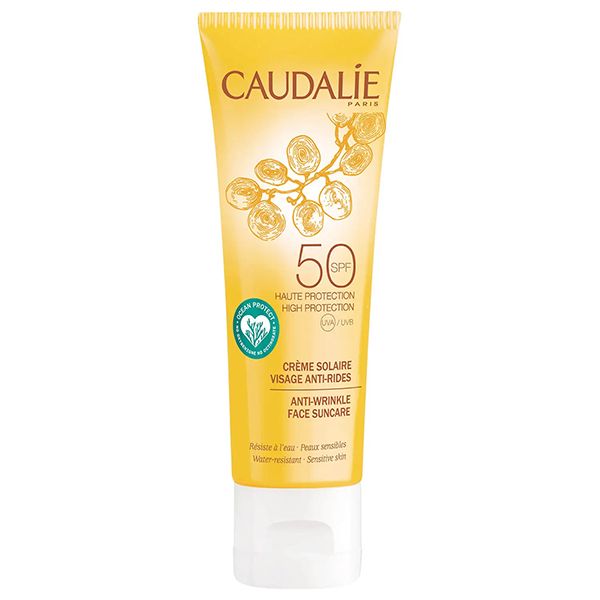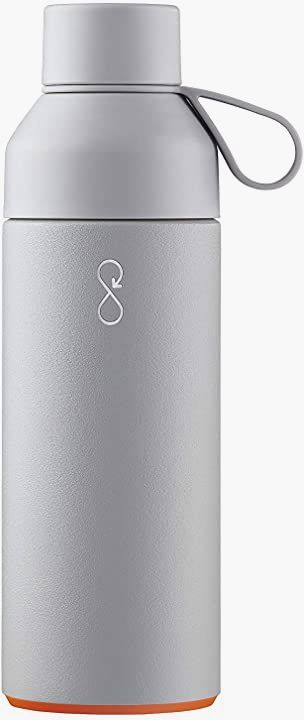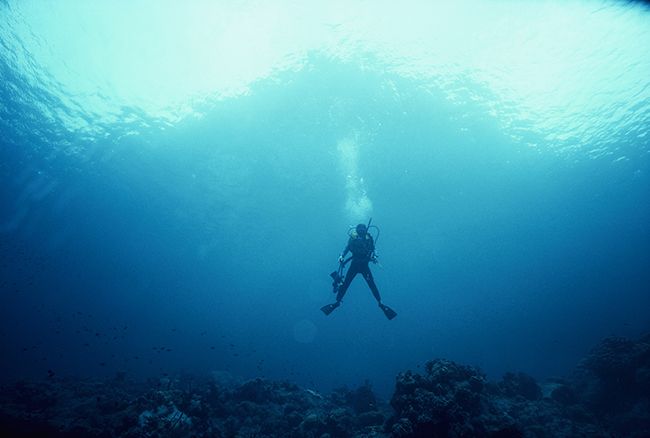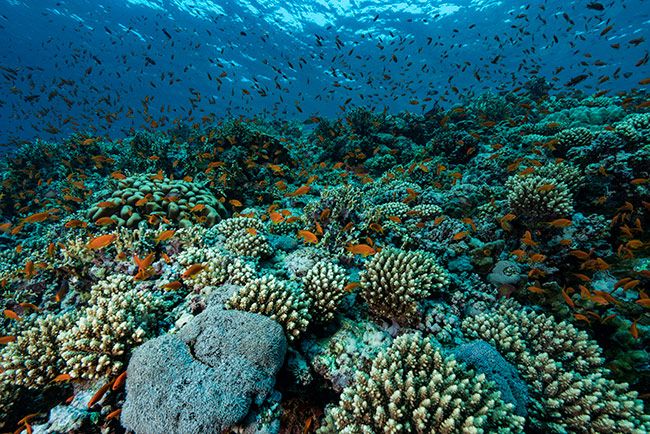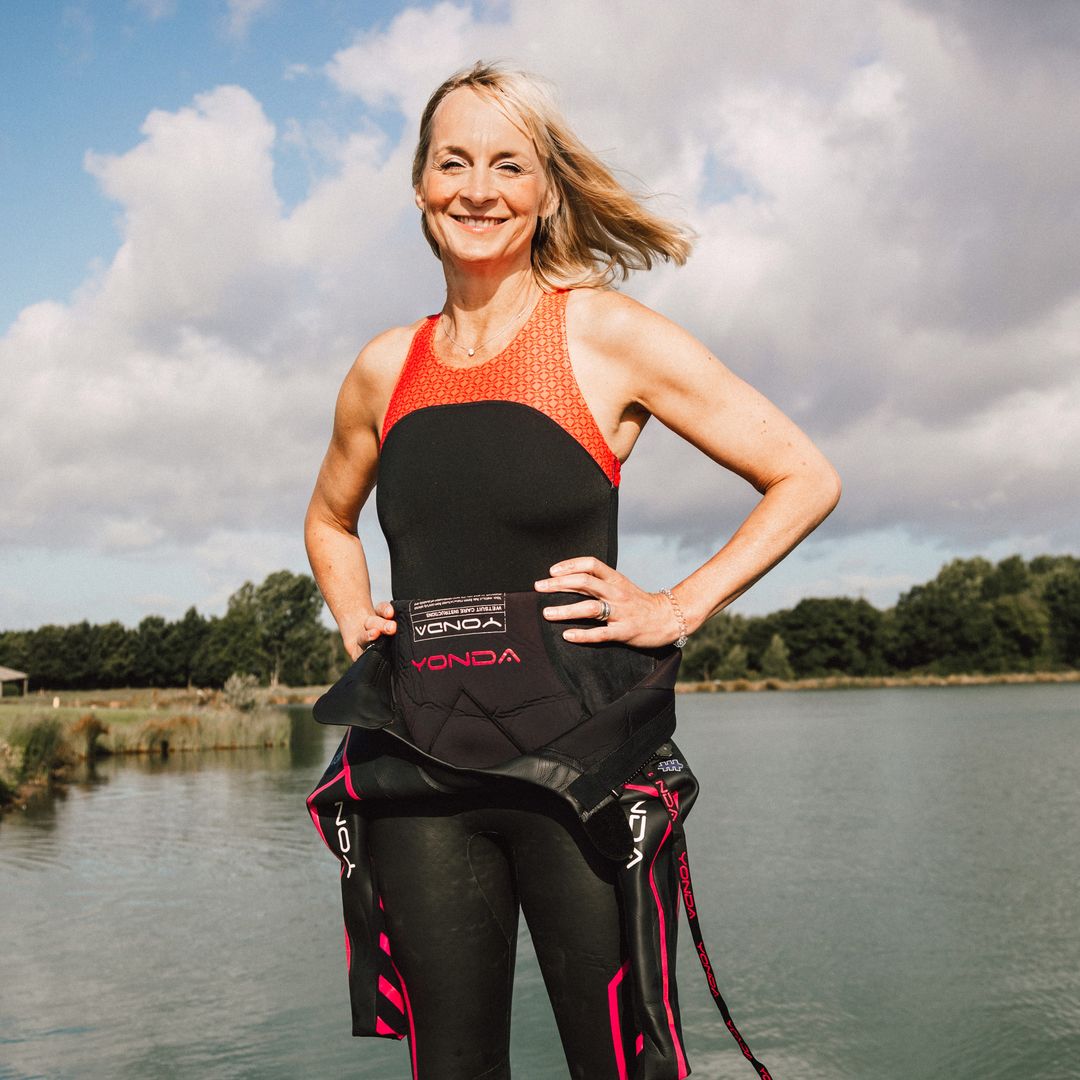Most of us, at some point during a summer holiday or winter sun getaway, will jump into the sea for a swim or snorkel. But how much thought do you put into making sure you're minimising your impact on the ocean?
READ: 13 eco-friendly hotels to visit
Packing products like eco-friendly sun cream and educating yourself on environmental best practices are just some ways to ensure you'll be an ocean eco-warrior in no time. Read on for our six top tips…
1. Use reef-safe sunscreen
Harmful chemicals such as Oxybenzone and Octinoxate found in sunscreens can damage coral reefs. Look for reef-safe sunscreen; you'll help protect the corals while still protecting your skin.
Caudalie anti-wrinkle face sun care lotion SPF 50, £19, Look Fantastic
SHOP NOW
2. Buy eco-friendly products
Recycling and reusing what you already own is the best way to minimise your impact on the environment, but if you do need to shop new products, always look out for eco-friendly ones like Ocean Bottle. With every Ocean Bottle bought, your purchase funds the collection of 1,000 ocean-bound plastic bottles in weight. The company works with locals around the world who collect and exchange plastic waste for things they need such as tuition, money, healthcare and tech goods.
Ocean Bottle 500ml, £45, Amazon
SHOP NOW
3. Educate yourself with an online course if you're a diver or snorkeler
If you're planning to dive or snorkel during your holiday, take the Green Fins Diver e-Course before your trip to learn how to be more environmentally friendly during your dives. The online course, which costs just $25 and gives you a personalised certificate, will teach you tips and tricks about protecting the environment above and below the water.
You'll learn what kind of research to do before you book a dive, how to minimise your impact on the ocean when cleaning and caring for your equipment post-dive, and essentially, how to conduct zero-impact dives.
The course is run by UK-registered charity The Reef-World Foundation in partnership with UNEP, and all proceeds go to support its work to protect coral reefs globally by making sustainable diving the social norm through its Green Fins initiative.
Take an online diving course before your trip
4. Don't feed the fish
As tempting as it may be to feed the fish, throwing food overboard to reef fish, sharks and whale sharks has its consequences. Feeding takes animals away from their natural food which can make them sick and harms the balance of life underwater. The animals may also become aggressive towards humans because they expect to be fed.
5. Look but don't touch
Many marine animals are very fragile. Just the slightest touch can cause great stress and could also easily damage them. You may hurt yourself too, as lots of marine life are venomous.
Never touch coral reefs or marine animals
6. Don't buy marine life as souvenirs
This encourages local communities to harvest marine life, dead or alive. These animals are important for ocean health so look out for alternative souvenirs instead. The animals are worth more and look better underwater!
HELLO!'s selection is editorial and independently chosen – we only feature items our editors love and approve of. HELLO! may collect a share of sales or other compensation from the links on this page. To find out more visit our FAQ page.
